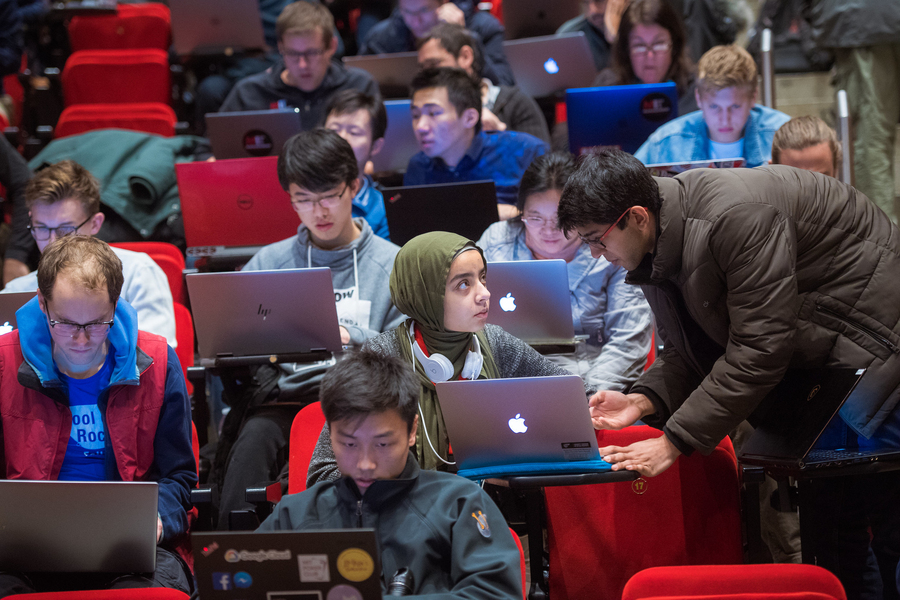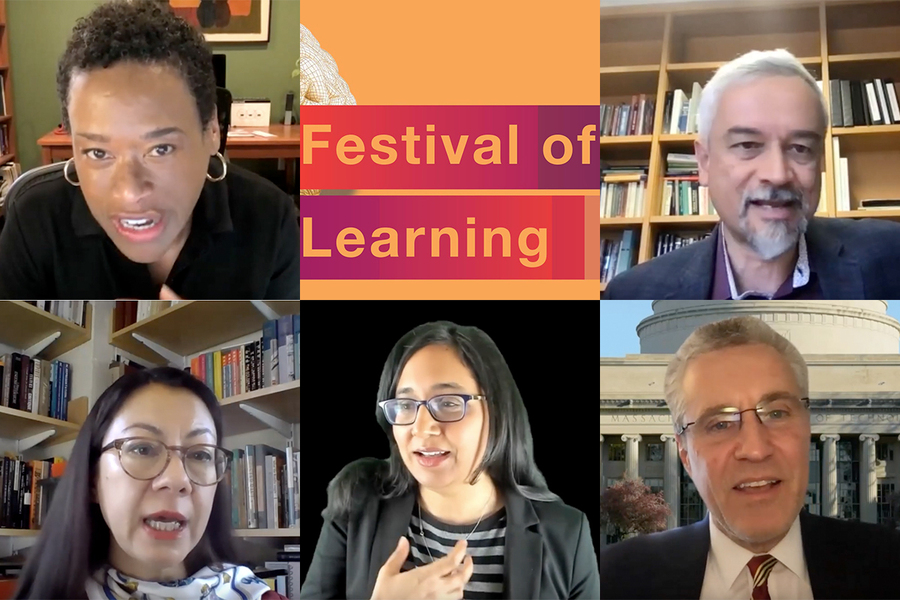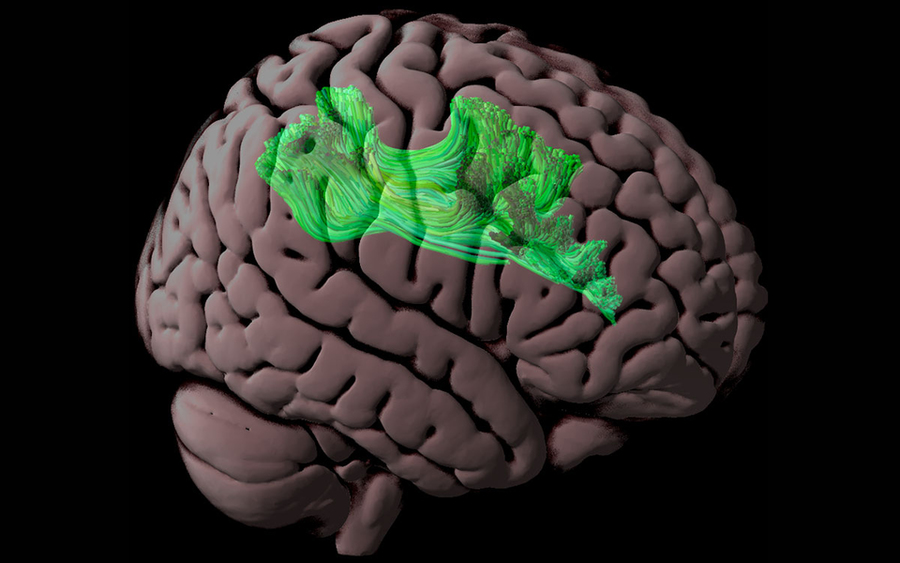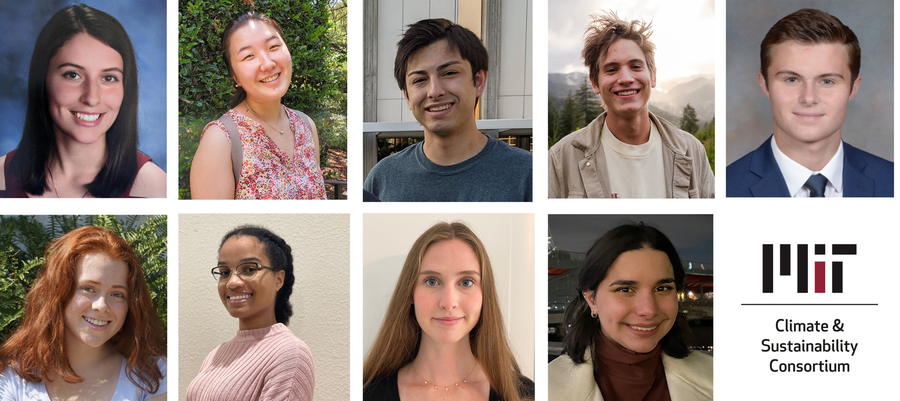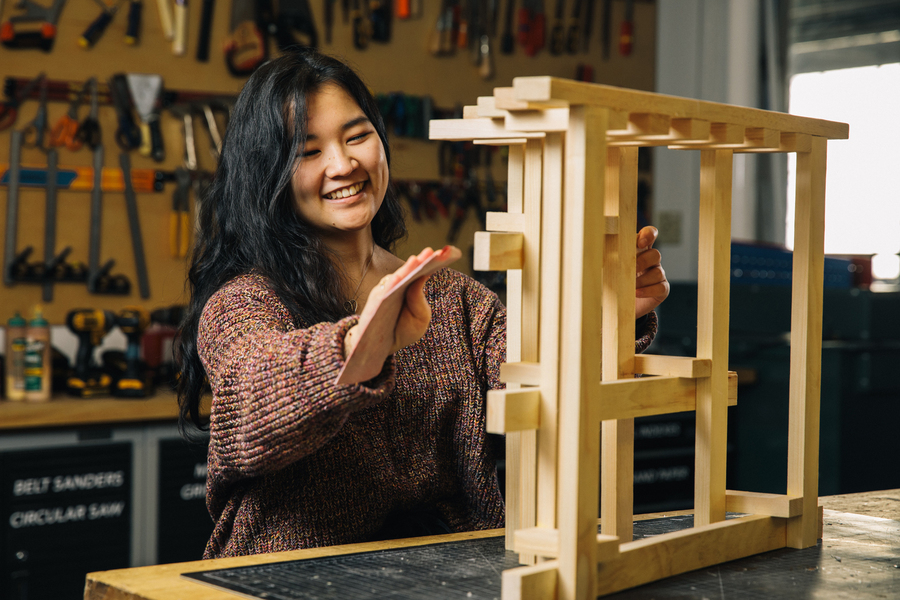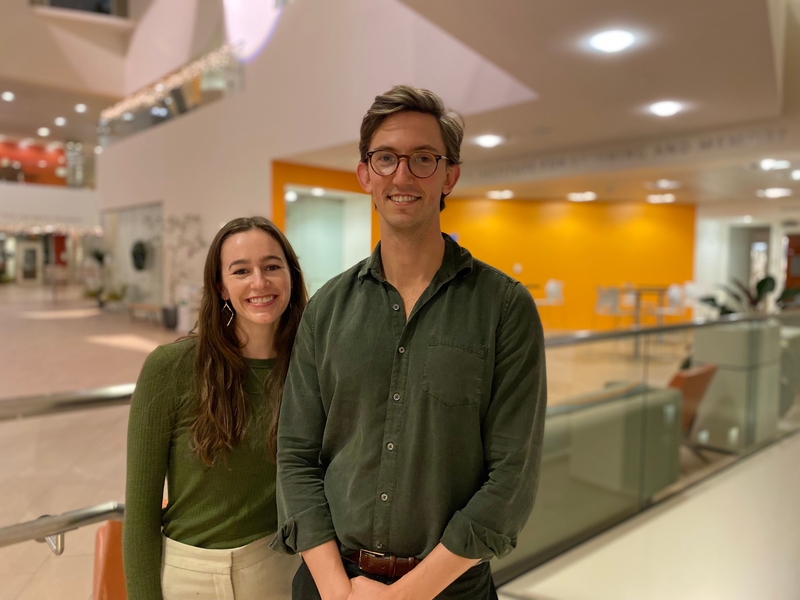The Social and Ethical Responsibilities of Computing publishes a collection of original pedagogical materials developed for instructional use on MIT OpenCourseWare.
News
Thanks to decades of cognitive science and educational psychology research, scientists have a pretty good handle on how humans learn new concepts. So, researchers at MIT and Harvard University collaborated to apply well-established theories of human concept learning to challenges in human-robot interaction.
Congratulations to MITili affiliated researcher, Dishita Turakhia, and all winners of this year's Meta Fellowship.
Throughout MIT’s Festival of Learning, the underlying keys to success were less about the specific tools and more about reaching students on an emotional level. Leading with compassion to make students feel seen and heard is just as important as content.
State-of-the-art analysis of brain images from nearly 700 children has turned up surprisingly few links between white matter structure and reading ability.
The act of holding information in mind is accompanied by coordination of rotating brain waves in the prefrontal cortex, a phenomenon that may convey specific advantages, a new study suggests.
Through MIT’s Undergraduate Research Opportunities Program, students explore research topics relevant to their own interests, the MCSC, and member companies.
Overseeing business and research units across MIT Open Learning, Breazeal will focus on the future of digital technologies and their applications in education.
Working with children and studying how they learn also largely influenced Iwasaki’s senior thesis topic, where she is looking at how technology is used for education purposes, focusing on augmented reality and how it can be better implemented to enhance learning.
MIT computer scientists and mathematicians offer an introductory computing and career-readiness program for incarcerated women in New England.
